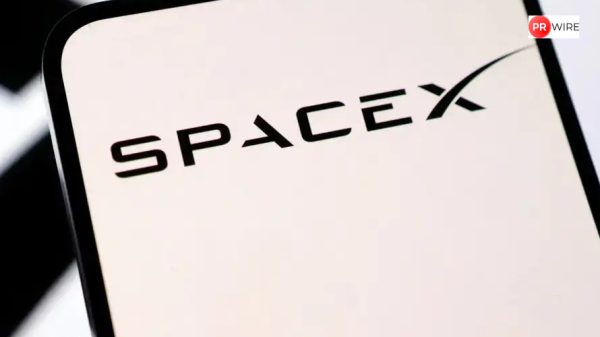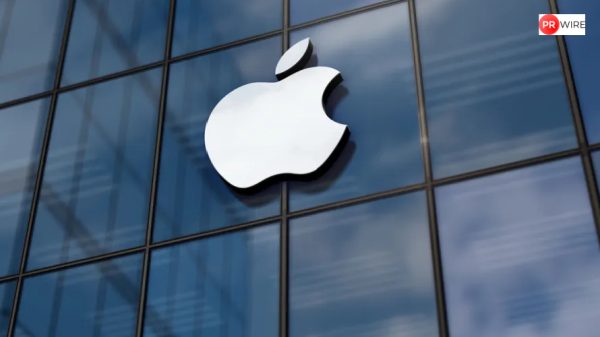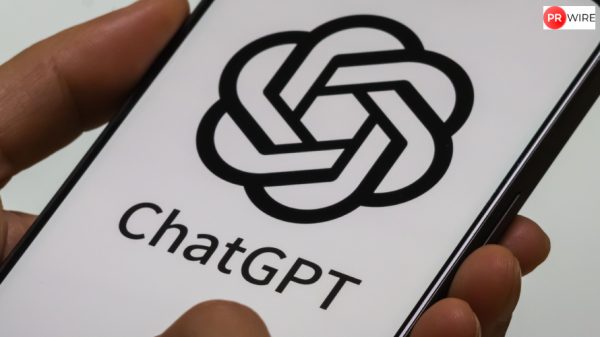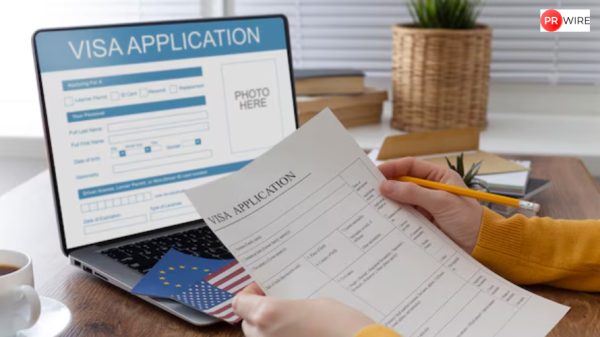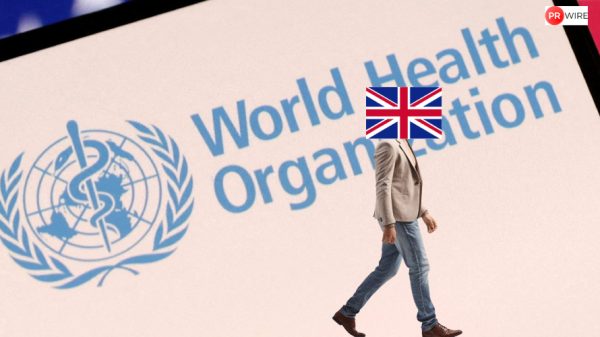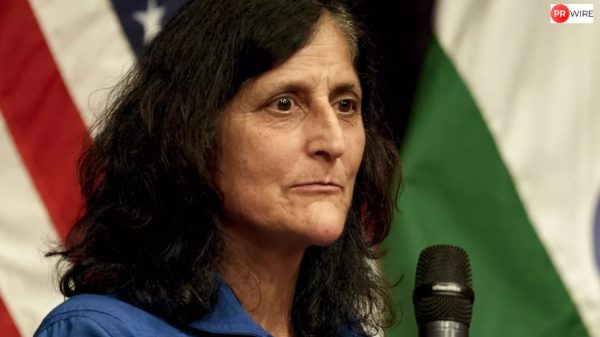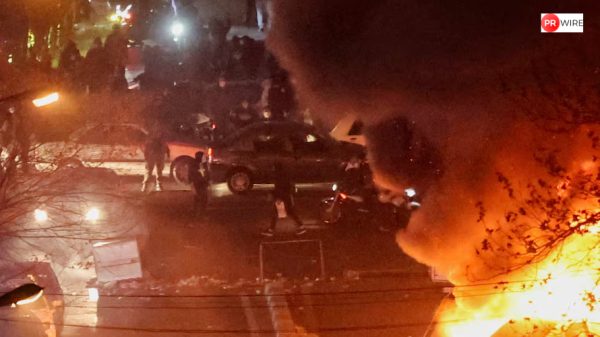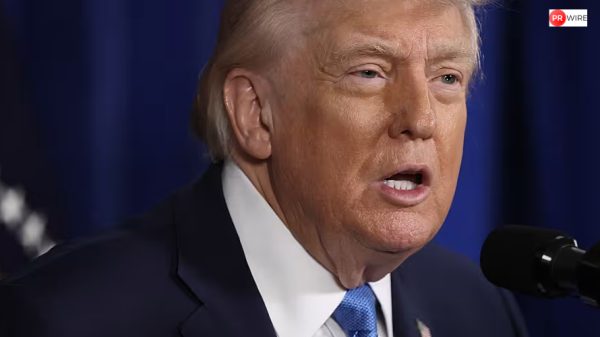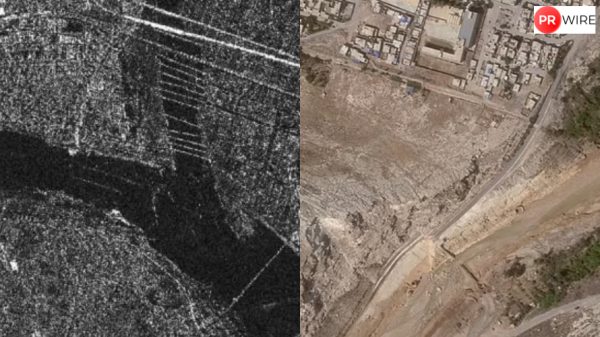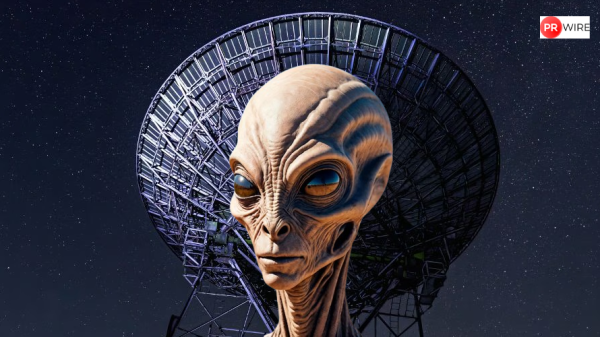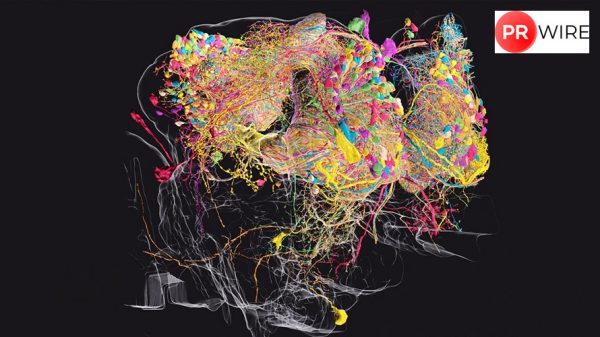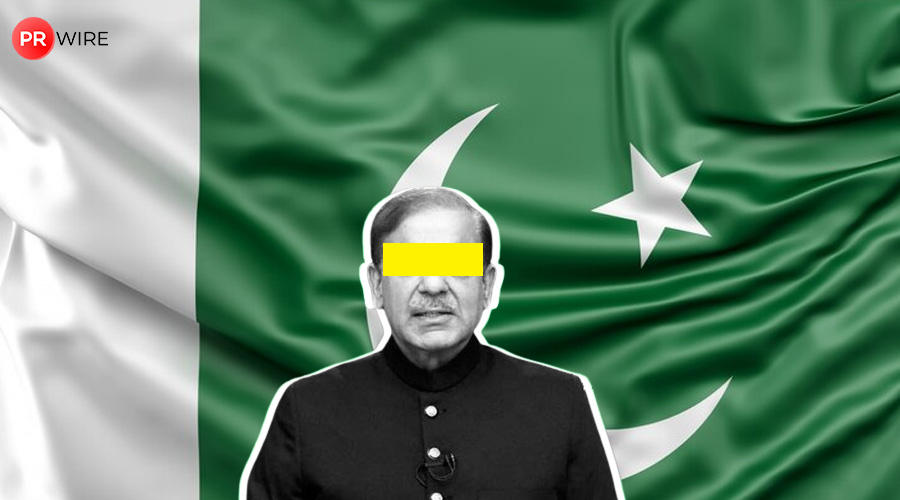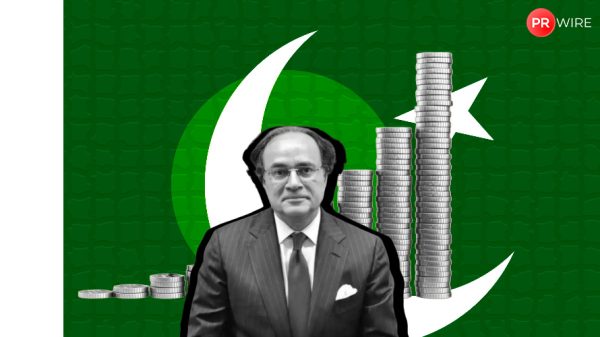Pakistan’s political uncertainty took a decisive turn on Tuesday with the formation of a new coalition government and the nomination of Shehbaz Sharif as the premier candidate. This comes after last week’s national elections resulted in no single party gaining a majority, leading to days of political deadlock and wrangling.
Pakistan Muslim League-Nawaz (PML-N) led by Nawaz Sharif and Pakistan Peoples Party (PPP) led by Bilawal Bhutto-Zardari joined forces to form a majority government, despite falling short of seats individually. Nawaz Sharif nominated his younger brother, Shehbaz Sharif, for the Prime Minister’s position.
Meanwhile, the Pakistan Tehreek-e-Insaf (PTI), the party of jailed former Prime Minister Imran Khan, denounced the power-sharing agreement and reiterated its claim of being the true voice of the people.
Here’s the story in 5 points:
-
The Pakistan Peoples Party (PPP), with 53 seats, has pledged its support to Shehbaz Sharif’s PML-N, which secured 75 seats, signalling an end to the impasse following the inconclusive elections. The coalition also extended an invitation to the Pakistan Tehreek-e-Insaf (PTI) to participate in the reconciliation process.
-
The Muttahida Qaumi Movement-Pakistan (MQM-P), which bagged 17 seats, has pledged full support to Shehbaz Sharif’s PML-N in an effort to ‘strengthen’ democracy. To govern, a party must secure 133 out of the 265 contested National Assembly seats. Together, the PML-N, PPP and MQM-P have the numbers to form a unity government.
-
In a surprise move, Nawaz Sharif officially nominated his younger brother Shehbaz Sharif for the position of Prime Minister, foregoing the chance to be Pakistan’s PM for a fourth time. The news was confirmed by a spokesperson for the PML-N on social media. Maryam Nawaz, daughter of Nawaz Sharif, has been nominated as the Chief Minister of Punjab province, a first for a woman in Pakistan’s history.
-
The PTI has criticised the power-sharing arrangement between PML-N and PPP, with senior leader Latif Khosa declaring that no democratic government could be formed without Imran Khan’s involvement. Notably, PTI-backed independent candidates won 101 seats, the most in the elections to the lower house of parliament.
-
Meanwhile, the United States expressed readiness to work with any government formed in Pakistan and called for a thorough investigation into claims of electoral fraud. US State Department spokesperson Matthew Miller expressed concerns about vote-rigging allegations and said, “There were irregularities; we want to see them investigated. But ultimately, we respect the democratic process and we’re ready to work with the government once it’s formed.”
The article originally appeared on India Today.



